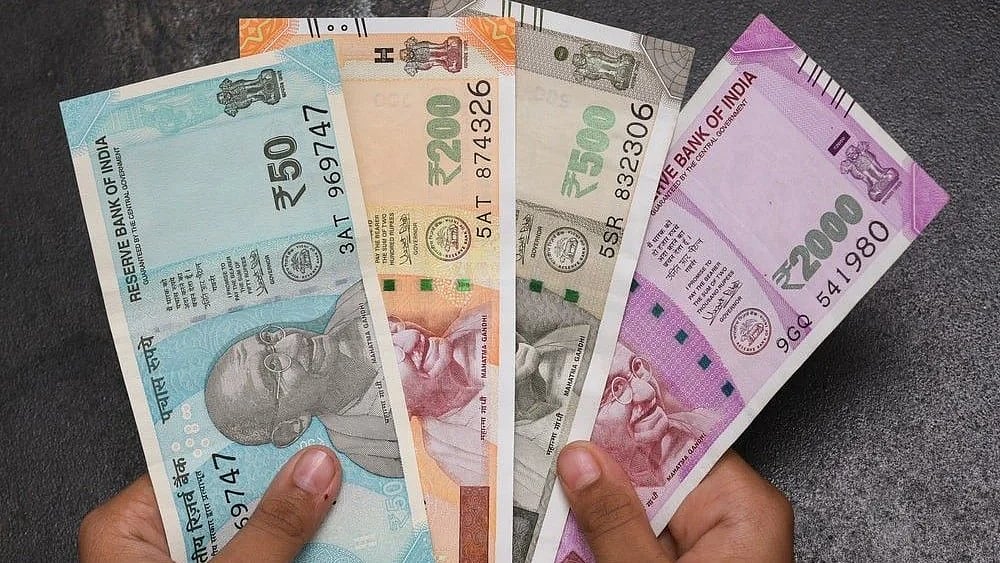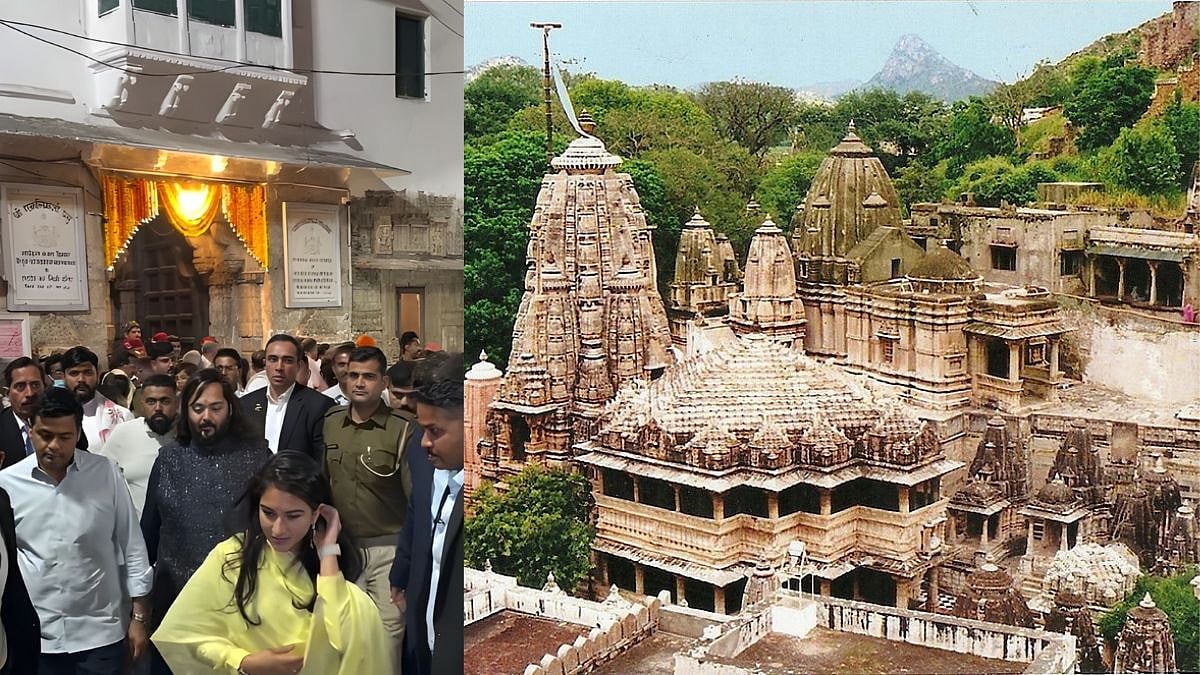A Tunisian professional footballer named Nizar Issaoui has died after setting himself on fire earlier this week. His brother, Ryad, reported that Issaoui took this drastic step to protest against what he perceived as the “police state” ruling the country. The incident occurred in the village of Haffouz, in the central region of Kairouan. Issaoui suffered third-degree burns as a result.
Medical treatment and death
After his initial treatment in the hospital in Kairouan, Issaoui was transferred to the specialist burns hospital in the capital city of Tunis. Despite the best efforts of the medical team, they were unable to save his life. The news of his death was confirmed by his brother on Friday.
“He died yesterday (Thursday) and will be buried today.”
Protests and clashes
The news of Nizar Issaoui's death has led to protests on the streets of Haffouz in Tunisia. According to reports in the Tunisian media, young demonstrators took to the streets on Thursday evening and threw stones at the police. In response, the police used tear gas to disperse the crowd. There has been no immediate comment from the authorities.
The situation escalated further on Friday when hundreds of mourners gathered outside Issaoui's house for his funeral. They chanted slogans such as “With our blood and with our soul we will sacrifice ourselves for you, Nizar.” Unfortunately, clashes broke out between protesters and the police during the funeral procession. Local media reported that the police fired tear gas to control the situation.
Issaoui was a free agent at the time of his death. He had played for various clubs across different divisions of Tunisian football. The circumstances of his death have drawn attention to the broader social and political issues facing Tunisia, including economic hardship and high levels of unemployment. His death has sparked renewed calls for greater accountability and change from the authorities.
Broader issues in Tunisia
Issaoui’s tragic death has brought attention to the ongoing social and political unrest in Tunisia. The country has been facing a range of issues such as economic hardships, high levels of unemployment, and a struggle for democratic transition since the 2011 revolution. His death has prompted calls for greater attention to be paid to the grievances of young people in Tunisia, particularly in relation to issues of social justice and economic inequality.








